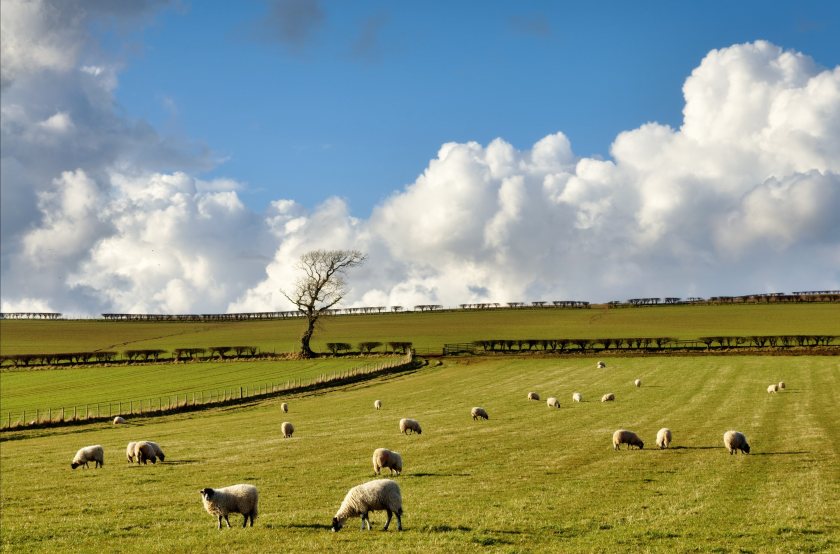Labour urged to rethink farm IHT changes after election backlash

Labour is being urged to reconsider its approach to farm inheritance tax reform, warning that recent election results highlight growing discontent in rural areas.
Following losses in recent local, mayoral, and by-elections, the Tenant Farmers' Association (TFA) says the government must treat these outcomes as a clear signal to better address rural concerns.
In areas where Labour made gains during last year's election, there is now risk of reversal unless key policy decisions – such as reforms to the winter fuel payment, the two-child benefit cap, and welfare reforms – are matched with more careful consideration of farming-specific tax impacts.
TFA chief executive, George Dunn said: “The TFA is apolitical – we lobby all parties equally. However, inevitably, there is a focus on the party in power which, at the current time, happens to be Labour.
"To that end, we understand the dual objectives of government to bring the public finances into balance and to go after wealthy individuals who are seeking to hide that wealth from the tax system.
"However, we cannot stand idly by whilst the agricultural sector becomes the collateral damage for those policies.”
Rather than calling for a full reversal, the TFA is urging the government to finesse the current proposals, suggesting a number of amendments that would protect farming families without compromising fiscal goals.
Rather than calling for a complete reversal of the proposed inheritance tax reforms, the body is urging the government to refine its approach with several practical adjustments.
The association proposes doubling the zero-rate threshold for Agricultural and Business Property Relief (APR and BPR), increasing it from £1m to £2m, to better reflect the capital-intensive nature of farming businesses.
It also recommends that this zero-rate threshold be made transferable between spouses and civil partners, allowing families to pass on their agricultural assets more efficiently.
Additionally, the TFA is calling for a shorter timescale to be made available for very elderly and terminally ill individuals, so they can transfer their business assets to the next generation without incurring tax penalties.
Mr Dunn added: “£1 million, which is the current zero rate threshold announced by the chancellor, sounds like a lot of money.
"However, with agriculture being a capital-intensive business, adding together machinery, livestock and land quickly gets you into very high capital values.
"Against that, the market dynamics mean that despite those high capital values, the income or return on capital to farmers is relatively modest.”
He also highlighted the unfair burden the current policy places on older farmers: “Whilst younger and healthy individuals have time to tax plan, older and terminally ill farmers will not have that opportunity.
"Hitting these individuals out of the blue with a huge tax rise is at best careless and at worst capricious. We need to give these vulnerable individuals the opportunity to respond appropriately.”
To support landlords, the TFA suggests allowing those who let land on secure agricultural tenancies or on Farm Business Tenancies of ten years or more to include the value of that land within their zero-rate band for IHT purposes.
Furthermore, the association believes that the rules on the residence nil-rate band should be amended, as the current system penalises estates valued above £2m by gradually diminishing their IHT relief.
Turning to the tenanted sector, Mr Dunn suggested the chancellor may not have fully appreciated the implications of her proposals.
“For the tenanted sector of agriculture, we do not believe for one moment the chancellor understood the implications of her announcements," he said.
"However, she can correct for this by introducing the changes we have outlined for landlords letting on secure tenancies and FBTs of 10 years or more.”
Concluding, Mr Dunn urged the government to take a closer look at where meaningful tax reform could be most effective.
“If the chancellor really wants to raise money quickly and target cash rich individuals, she should take the opportunity to change the rules on Capital Gains Tax business assets rollover relief.
"This is the point where there is cash in the system available to pay tax coming after someone has disposed of assets and are then looking for tax efficient ways of investing that cash.”








